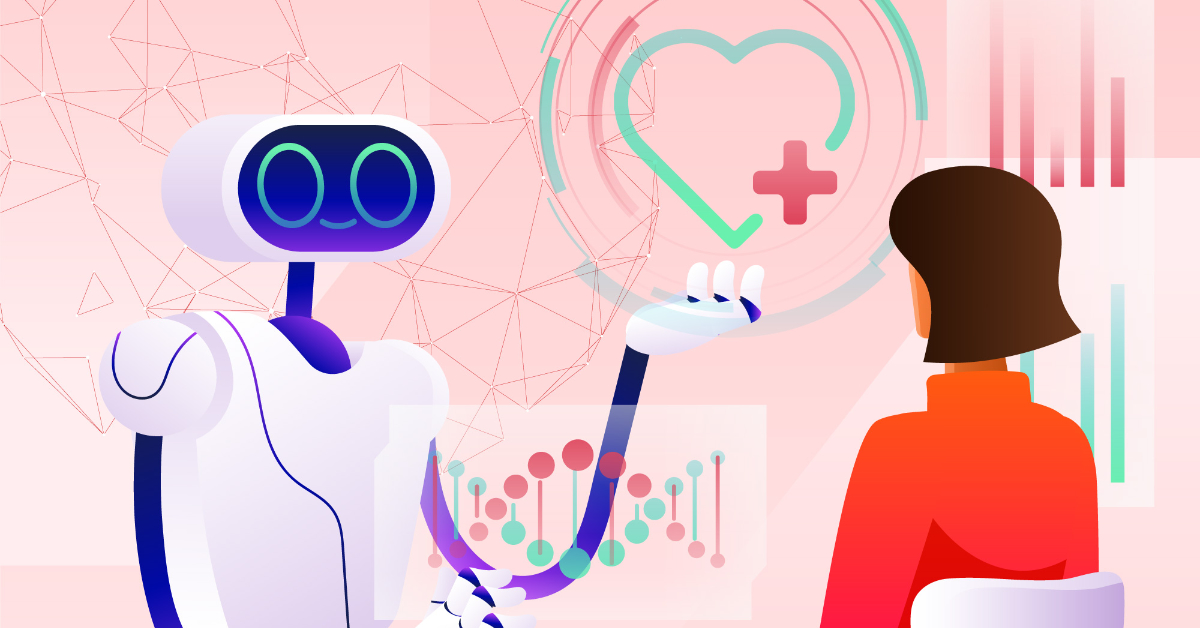Why AI cannot replace your therapist?

We are in an unprecedented era where technology promises to make everything faster, cheaper and more accessible and it is no surprise that AI has entered the world of mental health. I often listen to my clients use AI to organise their thoughts, ask endless questions to make sense of the mental chatter or help validate their thought processes and make decision making easier.
While I agree that AI can simplify some of the recommendations that we give clients- e.g. To break down tasks to smaller manageable steps (task analysis), make to do lists that are prioritised and do-able instead of a huge mental dump of all tasks that are to be done ever which overwhelms the person, I feel AI cannot replace a human therapist.
We have all seen ads for AI chatbots that offer to be your therapist, available 24/7 and I have been contacted by many companies to test their bots. While the convenience is tempting, I want to take a moment, as a professional who values the science behind psychology and psychological therapy, to explain why I think human connection remains irreplaceable and is essential for true therapeutic growth and healing.
AI is built on code and data. It can mimic conversation, and its responses might seem supportive because they are based on patterns of human language, in short it mimics human empathy. However, an AI cannot genuinely feel empathy. It doesn’t understand the subtle quiver in your voice, the blank stare, the filling of the eyes with tears that refuse to fall, the unspoken weight in your silence, or the complex history behind your words. It cannot draw upon cultural contexts, the pressures of academics and responsibilities in the Indian setting. It can’t sense the shifting energy in a room or recognize a breakthrough moment by the look in your eyes. Therapy is not just about exchanging words; it is a dynamic human interaction where trust is built on genuine connection and shared presence. It is a safe space where you choose the therapist to walk your journey with you and the therapist chooses to lay out a map, shoulder the burden and walk it with you.
Therapy is full of nuance, which is why not everyone can be a good therapist despite their qualifications. Also, even if the therapist was good, not every client can make a connection with the particular therapist. A single phrase can have a hundred different meanings depending on your history, culture, and current state of mind. A human therapist is trained to recognize and explore these subtleties. An AI, however, might miss a crucial detail or misinterpret a complex emotion because it lacks the capacity for subjective, contextual understanding.
Therapy is built on the confidentiality and safety it offers where every person is heard and every thought of yours can be voiced without judgement. The promise of confidentiality with AI is unclear, we do not know who might be listening or when your conversations could be stored and retrieved to be used against you or by someone else to use to build better codes. Your conversations with a human therapist are protected by strict ethical codes and legal regulations. With an AI, your data is likely being stored, analysed, and used to train the algorithm or worse be hacked into by those who do not value life or another person’s emotions.
Your mental health journey is unique. A human therapist develops a personalized treatment plan based on your individual needs, goals, and progress. One size does not fit all. In my 15 years of working with clients, I can confidently say I have never seen one client like the other. I always need to adjust my approach in real time, but the AI bot is bound by a rigid algorithm. AI uses a scripted approach that cannot account for the complexity of human experience. It might offer solutions that are completely unsuited for your specific situation, potentially doing more harm than good. The scariest part is that AI acts like a know it all and it is pretty convincing at that.
An AI chatbot can be a helpful tool for quick, surface-level support or logging your thoughts but it can’t replicate the profound, life-changing work that happens in a therapeutic relationship which only a dedicated, qualified human therapist can provide.
For psychological support, please write to contact@ubhcare.com or call us at +919840041737/ WhatsApp at +919047452258.
You can book your appointment with Dr. Porrselvi A.P., PhD, Clinical Lead Psychologist, Unified Brain Health Care on https://calendar.app.google/7couq1SF8CpFarrM9
